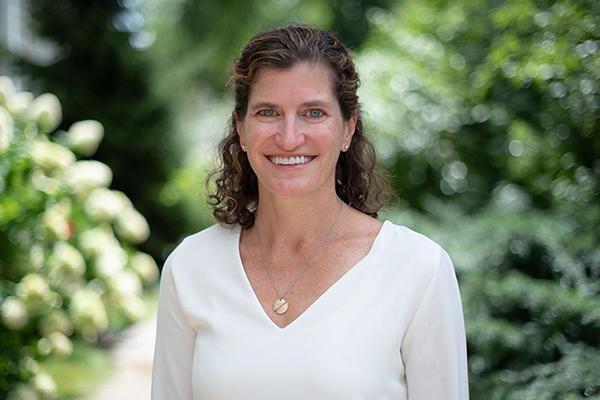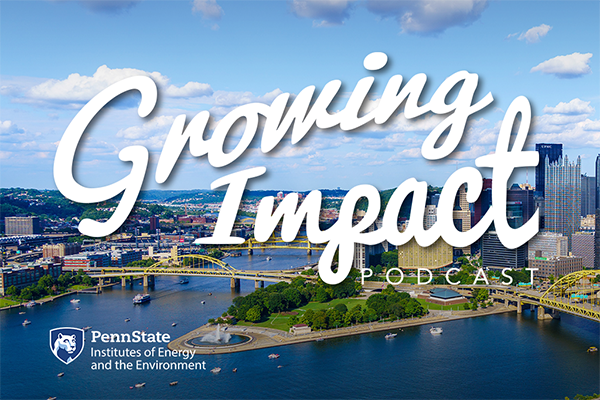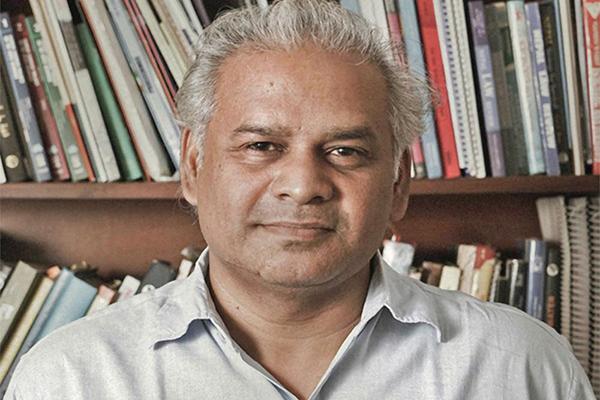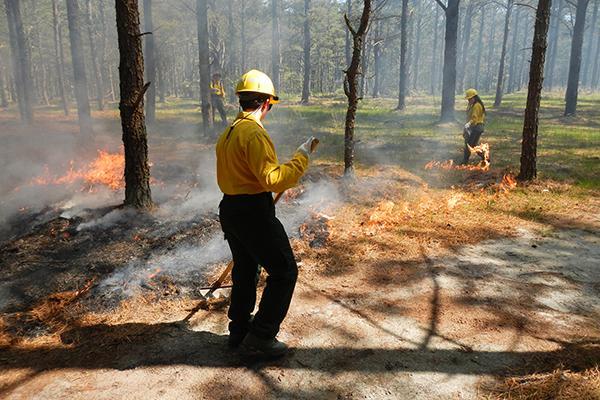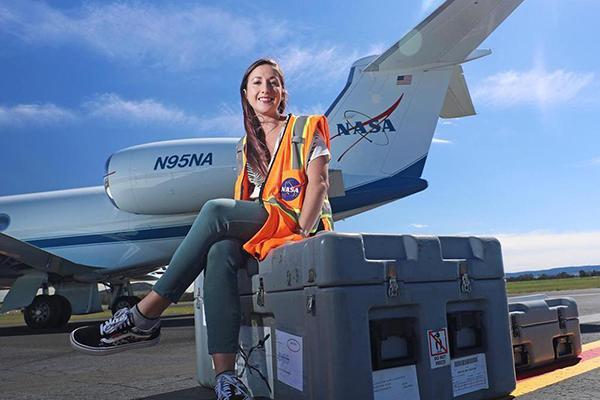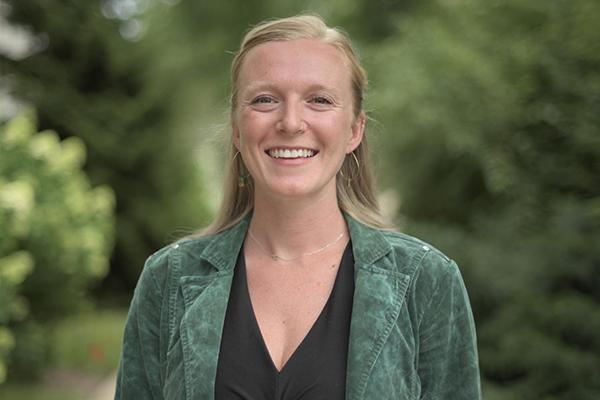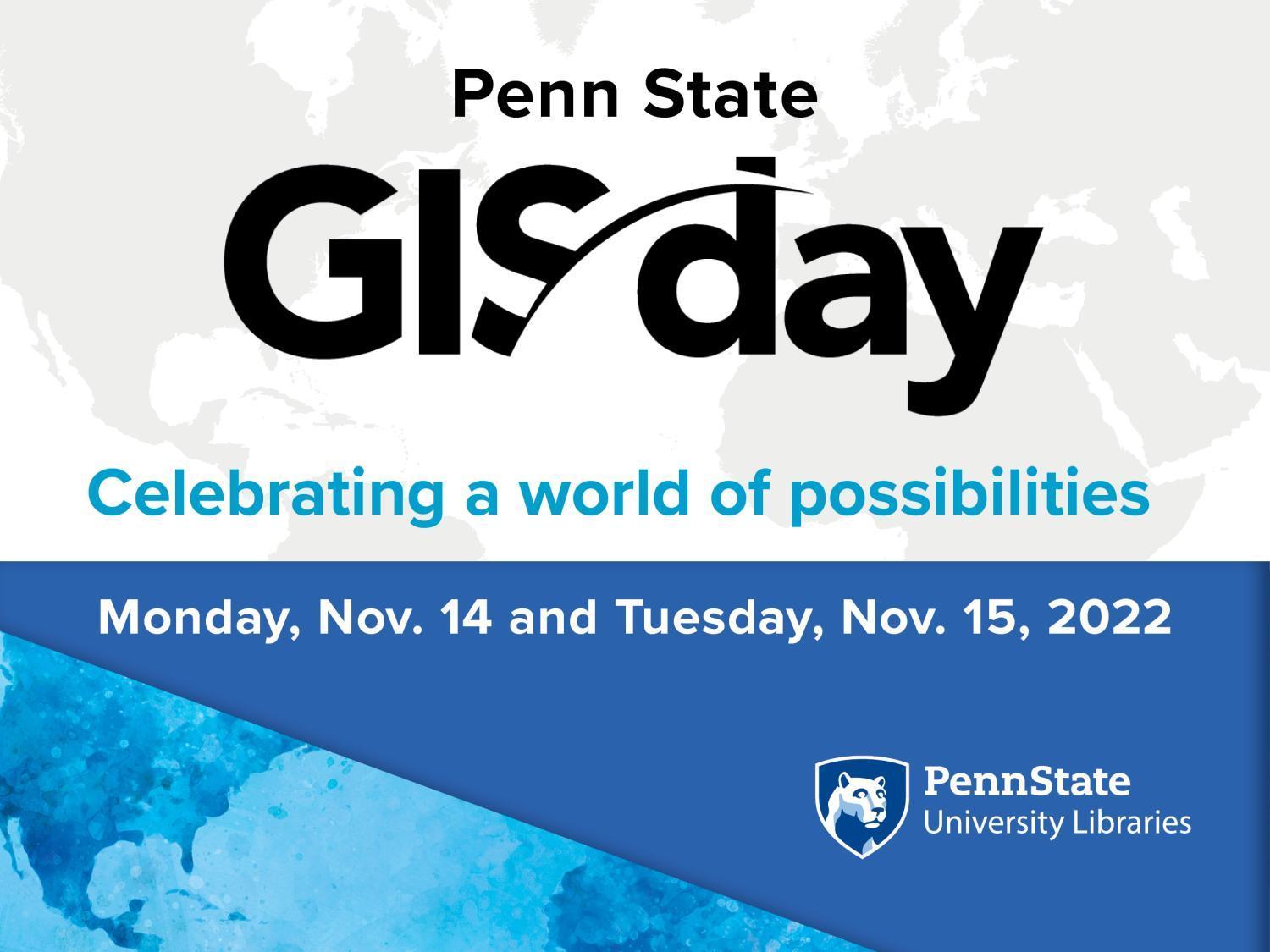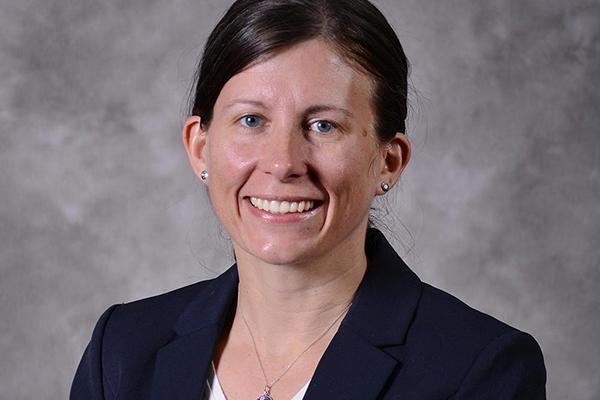Erica Smithwick, distinguished professor of geography, has been named director of the Earth and Environmental Systems Institute at Penn State, effective Jan. 1.
The latest episode of the "Growing Impact" podcast features a project focused on air quality and health concerns in western Pennsylvania
Srinivas Chokkakula, Ministry of Jal Shakti Research Chair with the Centre for Policy Research in New Delhi, will give the talk “Conflicts and Complicit Climate Change: Transboundary Water Governance in South Asia” as part of the Department of Geography’s Coffee Hour lecture series.
A small percentage of land and coastal waters provides most of the global population with the ecosystem services needed to support human well-being, and maintaining these areas can advance the United Nations’ development, climate and biodiversity conservation goals, according to an international team of researchers.
The Penn State Center for Energy Law and Policy (CELP) and the Hamer Center for Community Design in the College of Arts and Architecture’s Stuckeman School are teaming up to host a one-hour webinar at 10:30 a.m. on Dec. 1 to address the substantial challenges low-income individuals in Pennsylvania face in accessing energy efficiency programs.
A new study may fill in gaps in understanding public perception toward prescribed burns in the U.S. Mid-Atlantic, where these fires are increasingly used, according to scientists.
Linette Boisvert, sea ice scientist in NASA’s Goddard Space Flight Center Cryospheric Sciences Branch, will give the talk “It’s Complicated: The Complex Relationship of Cyclones on Arctic Sea Ice” at 3:30 p.m. on Friday, Nov. 4, in 112 Walker Building.
Kaitlyn Spangler, a postdoctoral fellow in the Department of Geography at Penn State, will discuss issues with the diversity of crops in her talk "Beyond corn, soy and wheat? Re-imagining a diverse U.S. agricultural landscape.”
Penn State University Libraries will observe GIS Day — an annual event celebrating the technology of geographic information systems (GIS) — with a two-day event Monday and Tuesday, Nov. 14 and 15.
Jenn Baka, associate professor of geography at Penn State, received a National Science Foundation Faculty Early Career Development Program (CAREER) Award to examine the impact of a new ethane cracker plant in western Pennsylvania on humans’ relationship to the environment and environmental policymaking.


